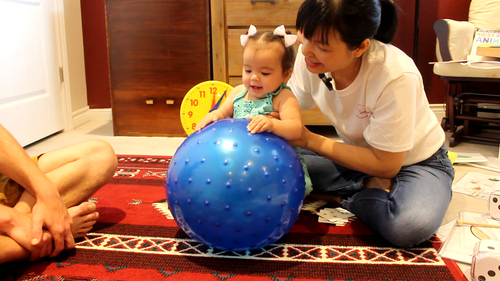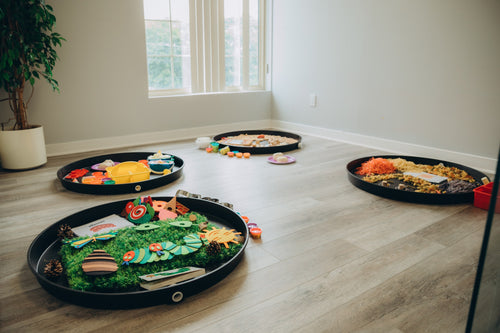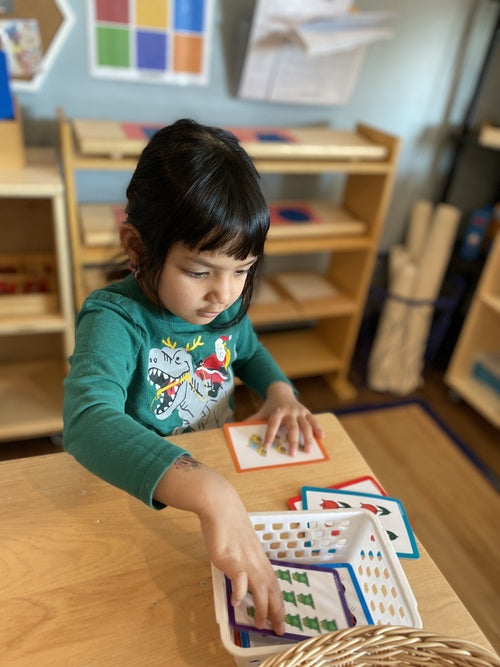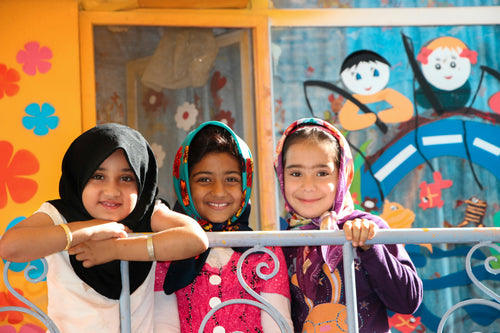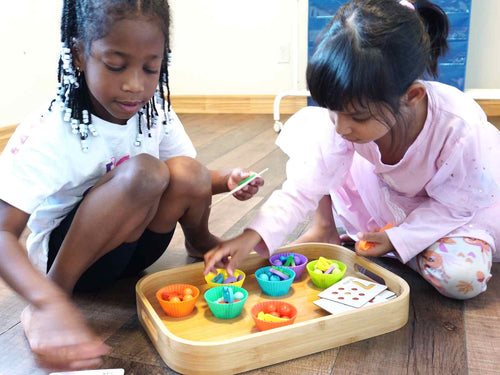The period between 19 to 27 months marks a significant transition in a child's life as they move from infancy to toddlerhood. This stage is filled with remarkable toddler's milestones that showcase rapid physical, cognitive, and emotional development. Understanding and supporting your child during this phase is crucial for their overall growth and well-being.
Physical Milestones: Building Strength and Coordination
One of the most noticeable changes during this period is the development of motor skills. An important toddler's milestone is that by 19 months, many toddlers are already walking independently, and by 27 months, they might be running, climbing, and even beginning to jump. Their fine motor skills also improve as they learn to grasp small objects, stack blocks, and use utensils.
Encouraging your child to engage in physical activities like playing with balls, climbing on safe structures, and participating in simple games can help enhance their coordination and strength. These activities not only support physical development but also foster confidence and independence.
Cognitive Toddler's Milestones: Expanding Curiosity and Problem-Solving Skills
Between 19 and 27 months, toddlers experience significant cognitive growth. They start to understand cause and effect, solve simple problems, and recognize shapes, colors, and sizes. Their memory also improves, allowing them to recall familiar faces, objects, and routines.
At this toddler's milestone, toddlers become more curious about the world around them. They might begin to ask questions, explore their environment, and experiment with different objects. Providing age-appropriate puzzles, books, and interactive toys can stimulate their curiosity and help develop problem-solving skills.

Language Development: From Babbling to Phrases
Language development is another critical toddler's milestone during this period. By 19 months, many toddlers can say a few words, and by 27 months, they may be forming short phrases and sentences. This is a time of rapid language acquisition, where toddlers learn new words every day.
Reading to your child, engaging in conversations, and singing songs are excellent ways to support language development. Encourage them to express themselves, and respond to their attempts at communication, even if their speech is not yet clear. This positive reinforcement can boost their confidence and encourage further language exploration.
Emotional and Social Toddler's Milestones: Building Connections and Understanding Emotions
The transition from infant to toddler is also marked by significant emotional and social development. During this stage, toddlers begin to form stronger attachments to their caregivers and may experience separation anxiety when apart from them. They also start to develop a sense of self, leading to moments of independence and defiance.
It is important to provide a nurturing and supportive environment that allows your toddler to express their emotions. Helping them name their feelings, offering comfort during moments of distress, and setting consistent boundaries can guide them in understanding and managing their emotions.
Socially, toddlers begin to show interest in playing with other children, although parallel play (playing alongside but not directly with others) is still common. Encouraging playdates and group activities can help them develop social skills, such as sharing and taking turns.
Sleep Patterns: Establishing Routines and Managing Changes
As toddlers transition from infancy, their sleep patterns may change. By 19 months, most toddlers are down to one nap a day and sleep through the night, though sleep regressions can occur. Establishing a consistent bedtime routine can help ensure they get the rest they need.
A bedtime routine that includes calming activities, such as reading a book or singing a lullaby, can signal to your child that it is time to wind down. Consistency is key, as it helps your toddler feel secure and understand what to expect, making bedtime smoother for both you and your child.
Nutritional Needs: Supporting Growth with a Balanced Diet
During this toddler's milestones, your toddler's nutritional needs will continue to evolve. They are likely to show preferences for certain foods and may become picky eaters. Ensuring they receive a balanced diet that includes a variety of fruits, vegetables, proteins, and whole grains is essential for their growth.
Offering small, frequent meals and allowing your child to self-feed can help them develop healthy eating habits. Encourage them to try new foods, but avoid forcing them to eat, as this can lead to negative associations with mealtime.

The Importance of Routine: Providing Stability and Security
Routine plays a crucial role in helping toddlers navigate the transition from infancy. A consistent daily schedule that includes regular meal times, naps, and playtime provides a sense of security and predictability. This stability is especially important as toddlers begin to assert their independence and test boundaries.
While routines are important, it is also beneficial to allow some flexibility to accommodate your toddler's changing needs and moods. Balancing routine with adaptability can help create a harmonious environment that supports your child's overall development.
The transition from infant to toddler's milestone between 19 and 27 months is a time of significant growth and development. By understanding and supporting the physical, cognitive, emotional, and social milestones during this period, you can help your child navigate this exciting stage with confidence. Providing a nurturing environment, encouraging exploration, and establishing consistent routines are key to ensuring your toddler's healthy development and laying the foundation for their future success.
At Smartizen, our Whole Brain Training services are designed to support your child's development during these critical years. Our programs include engaging activities like phonics, music, sensory play, and more, all tailored to foster their growth and curiosity. Enroll your child today to give them the best start on their journey from infant to toddler.



